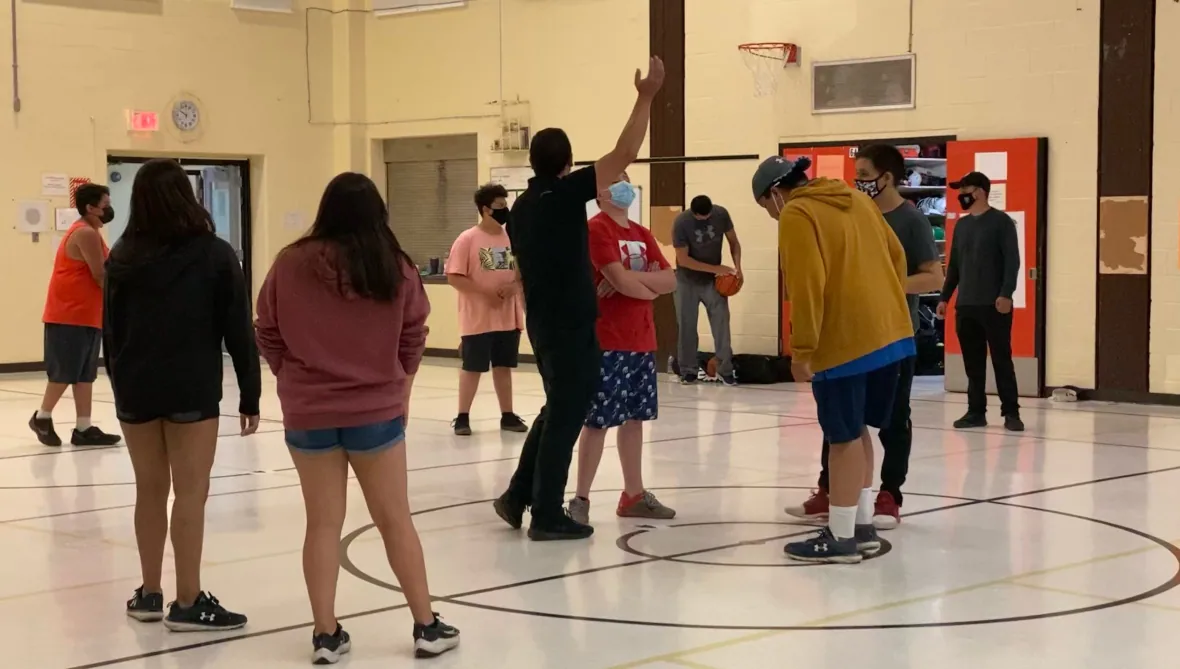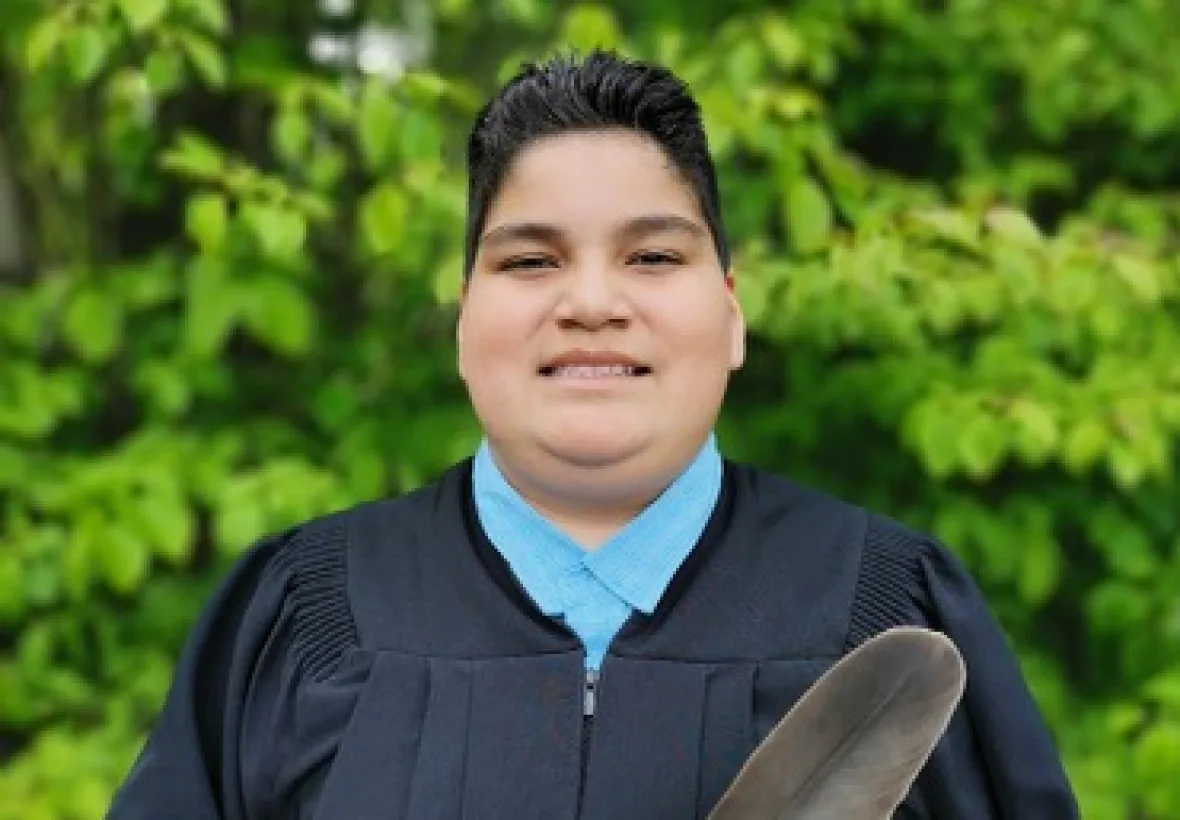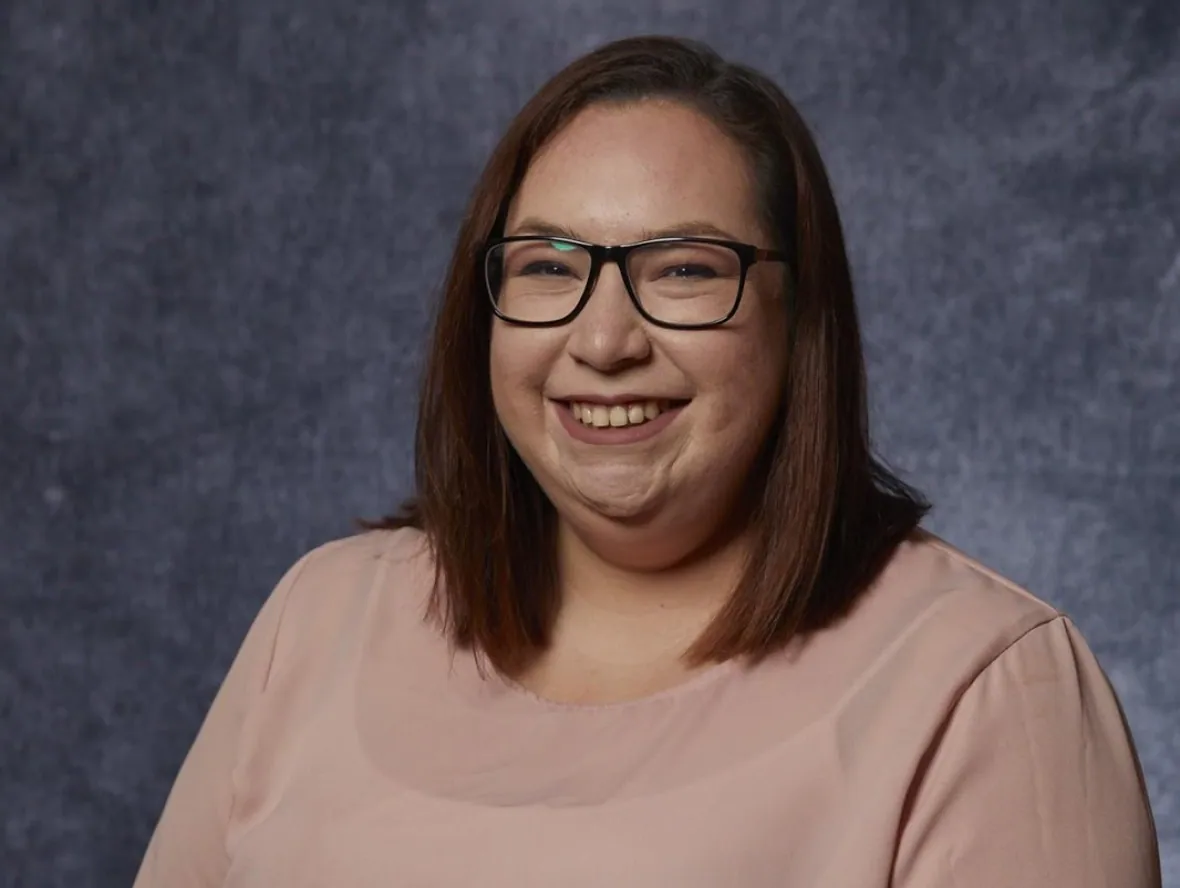Manitoulin Anishnaabe police developing program to reduce domestic violence
UCCM Anishnaabe Police service’s Lighting the Fire Within program is a year into 4-year pilot.
The police force serving First Nations on Ontario’s Manitoulin Island aims to address domestic violence by changing how officers respond to calls, and building programs focused on prevention and early intervention.
The UCCM Anishnaabe Police service is one year into a four-year pilot program, funded by the federal government, that could create a blueprint for other forces across Canada.
Lighting the Fire Within got off the ground last summer after receiving up to $1 million from Women and Gender Equality Canada.
“We knew that there were high rates of reported [domestic violence cases] and then we also knew about a percentage and component of underreported domestic violence cases that are happening within Indigenous communities, and specifically within our own community, so we wanted to take a really proactive approach and deal with the issue from an earlier stage.” said Taylor Sayers, director of corporate services with UCCM Anishnaabe Police.
The program has a three-pronged approach to tackling domestic violence:
- Officer training.
A non-criminal diversion program.
A youth program.
Sayers is busy creating training for officers and all UCCM staff that is set to launch this fall. She said the curriculum will be culture and trauma informed.
The training will include learning about the history of the communities they serve, as well as “some of the trauma that has happened to First Nations people and understanding the role of policing within the communities.”
Fostering those healthy communities and healthy relationships is what we hope to achieve.
— Faith Beaudin, Lighting the Fire Within co-ordinator
Officers will also learn about the different ways people can respond to trauma, which will in turn help them better respond to calls about domestic violence.
The other parts of the program are focused on intervening before domestic violence occurs.
A diversion program will focus on perpetrators of non-criminal domestic disputes — to prevent violence and build healthy relationships. As well, a youth program will work at building healthy relationships at a young age, both with officers and each other.
Building healthy relationships
In June, a group of officers spent a week at Lakeview School in Mc’Chigeeng, piloting a youth program developed by Lighting the Fire Within co-ordinator Faith Beaudin.
The officers participated in sports activities with the students and led informal discussions on topics including what healthy relationships look like. Beaudin said building positive relationships with officers was the main goal of the program.
“In an instance a youth is involved or a child is involved in a domestic violence situation and our officers come in, that relationship that’s created within our schools or the youth programs, the youth know that the officer’s there to help them, and … is not as scared because they have that relationship that was already built.”

The conversations and sport activities also helped build communication skills.
“Communication is key to a healthy relationship, so it all kind of ties in together,” said Const. James Panamick, who was involved in the school pilot.
Jaron Panamick, who recently completed Grade 8, said he learned about teamwork, communication “and not getting mad at each other.”
“I don’t know about everyone else, but when it comes to me, sometimes I don’t really use communication, to be honest. I’m just a quiet person,” said Jaron, whose dad is a cousin of the police constable. “But when we were taught to just use communication or teamwork and all that, and I was actually saying, ‘Yeah over here, I’m right here, I’m open,’ and I was listening for my teammates to say that.”

The youth program comes amid a push in parts of Canada to take police officers out of schools. Last year, Peel Regional Police pulled resource officers out, and in June this year, Ottawa’s largest school board cut ties with police.
Beaudin said that since running the pilot program, she has heard only positive feedback from students and families.
Next steps
The force plans to roll out its officer and staff training this fall, and work is underway to develop the diversion program. Organizers will also take what they learned from the youth pilot program, and adapt and expand it throughout the communities the force serves.
If the program proves successful, Beaudin hopes to see it continue for years, and that it would contribute to meaningful change in developing healthy communities and strong relationships.

“A lot of it can be related back to residential schools, the intergenerational trauma that a lot of communities got through day schools and residential schools. And so fostering those healthy communities and healthy relationships is what we hope to achieve in five to 10 years — having a community that isn’t traumatized.”
She hopes police services across Canada will be able to use the program once it is fully developed.


